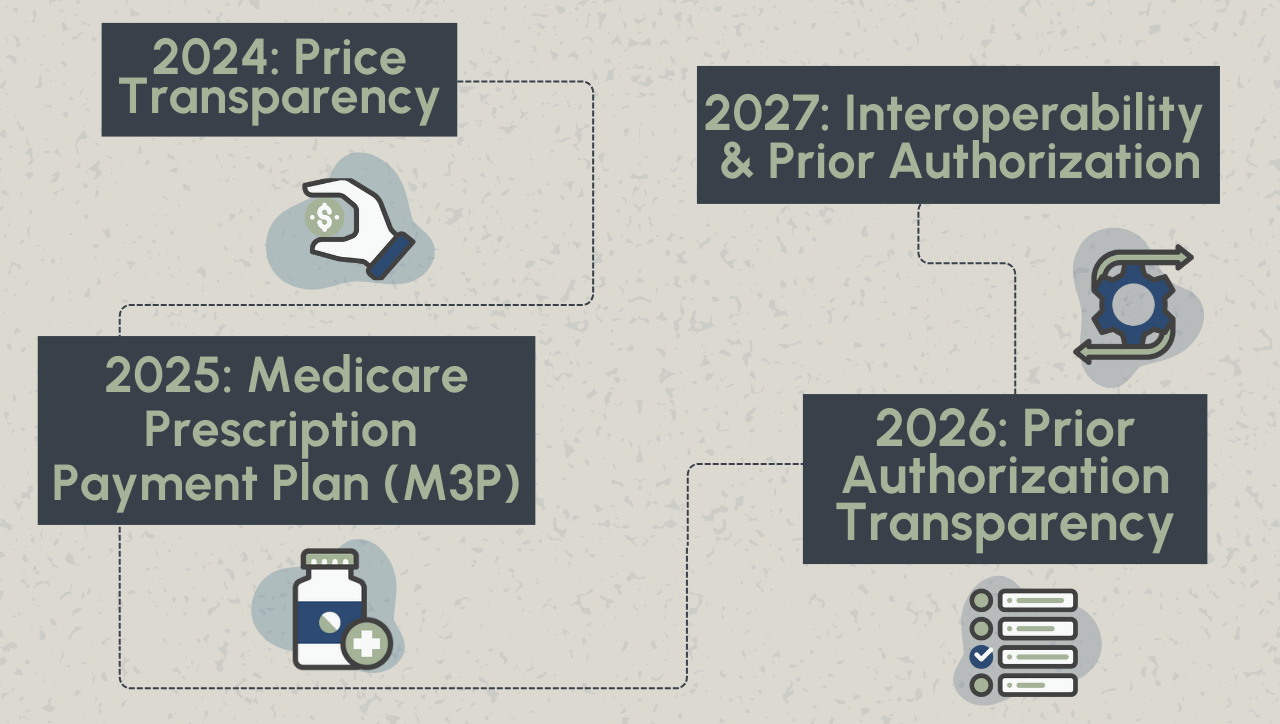Interoperability: A Strategic Imperative for Healthcare Payers
Interoperability has long been a critical challenge for the healthcare industry, but for payers, it has become a strategic imperative. As regulatory mandates grow more stringent and the pressure to optimize quality and risk programs intensifies, healthcare payers must embrace interoperability to remain competitive.









